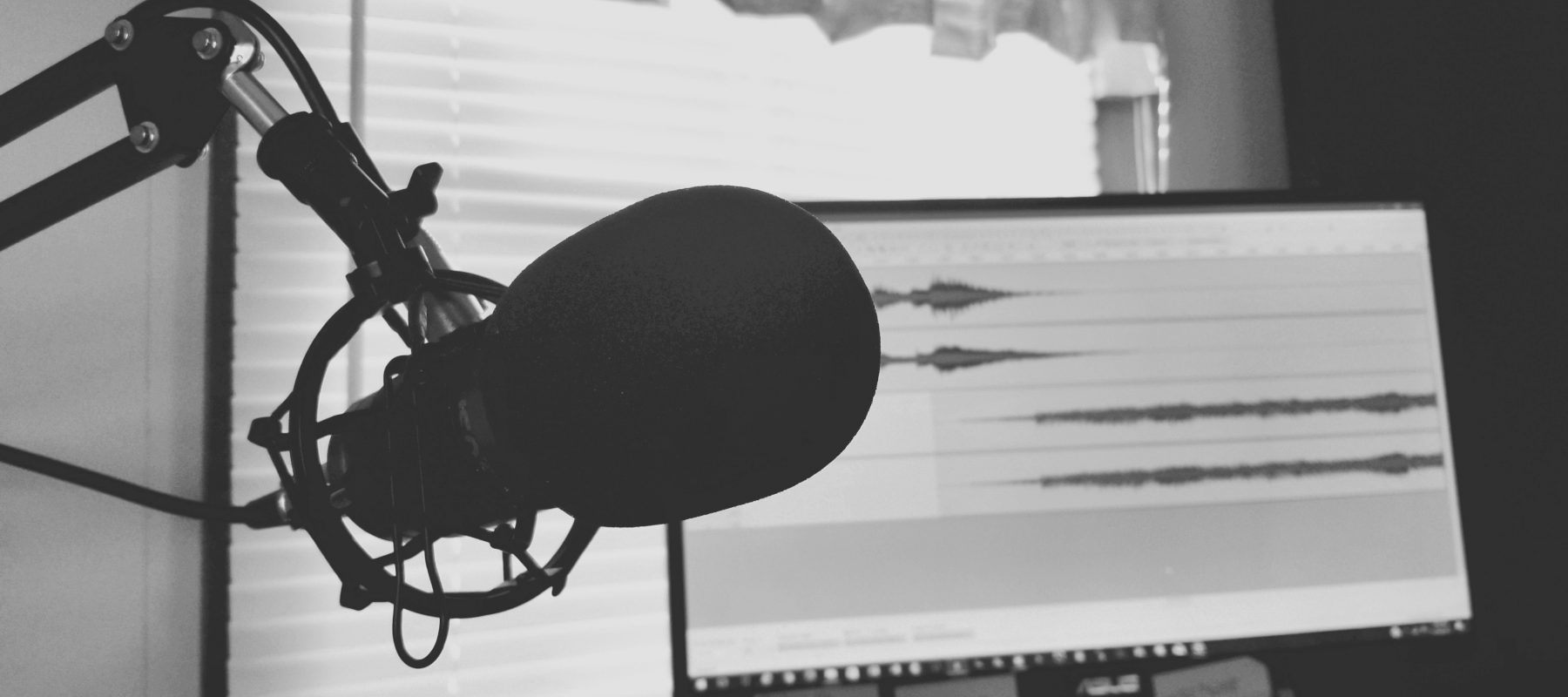- What are the entry requirements?
There are no entry requirements for the distance learning course, however when applying for jobs reporters are usually required to have a minimum of five GCSE passes or equivalent – one of these must be in English.
We recommend that you complete a self-test before purchasing the course materials.
You can find the self test marking guide here.
- How many credits do I need to complete the diploma qualification?
You must complete the four mandatory skills modules plus a selection of elective skills modules to reach a minimum of 82 credits overall. The mandatory skills modules are worth a combined total of 47 credits. A further 35 credits minimum are required from the available elective skills modules. The credits are shown in this handy chart.
- What is the pass grade for each module?
To pass a module, learners must achieve a grade of A-E (if taking shorthand, a minimum speed of 60 words per minute is required). Learners should aim to achieve an A-C grade in each module to reach the industry gold standard which is recognised by journalist employers.
- Do I have to pay for the distance learning modules in one purchase?
No, you can purchase the modules in one bulk order or one at a time. We would recommend that you purchase the mandatory modules package first and work through those before purchasing the elective options. The mandatory modules will equip you with the essential knowledge and skills you need to operate effectively as a trainee journalist and the elective options build on those skills in specific subject areas.
- Do I have to study the modules in order?
Not necessarily but it is strongly recommended that you complete the core modules first as they form the backbone of learning.
- Are textbooks included in the course cost?
Textbooks are included in the price of the modules.
- How does it work for international shipping?
Shipping overseas costs extra. Price depends on where we are shipping to.
- Do I need to arrange work experience?
If you are not already working in the journalism industry, you should arrange your own work experience so that you can write stories for the portfolio element of the course. It is also important to get industry experience so that you can put what you are learning into practice. Work experience is just as important as the theory side of journalism otherwise you are going to go out looking for a job at a disadvantage compared to other applicants.
- How long does it take to complete the diploma course?
It depends on individual learning speeds and your available time to study and dedication.
Typically, learners can achieve the qualification within 12-18 months.
We strongly recommend that you aim to complete the Diploma in Journalism within 24 months.
The structure, requirements and availability of modules can change because the NCTJ reviews and updates all its diploma materials to reflect the needs of the industry.
The NCTJ will communicate any significant changes to the qualification to learners in advance and annual updates to individual modules are communicated each year in September.
The estimated number of learning hours per module required by a typical learner to gain the qualification (please note, this is for guidance purposes and not a requirement) are below:
Mandatory skills modules Learning hours Essential journalism 220 hours Essential journalism e-portfolio 120 hours Essential journalism ethics and regulation 30 hours Essential media law and regulation 100 hours Elective skills modules Learning hours Business and finance journalism 70 hours Editing skills for journalists 70 hours Journalism for a digital audience 70 hours Media law court reporting 70 hours Practical magazine journalism 140 hours PR and communications for journalists 140 hours Public affairs for journalists 70 hours Radio journalism 70 hours Shorthand for journalists 140 hours (to 100wpm) Sports journalism 70 hours TV journalism 70 hours Videojournalism for digital platforms 70 hours - What is gold standard and how do I achieve it?
Learners who achieve grades of A-C in each module completed (if taking shorthand, a minimum speed of 100 words per minute is required) will be awarded the industry ‘Gold Standard’ Diploma in Journalism.
To set yourself apart and increase your employability, all learners should strive to reach industry ‘Gold Standard’ level.
- How do I access tutor support?
Each Diploma in Journalism distance learning unit you have purchased includes 1 hour of tutor support time.
Tutor support is flexible and you can choose how to use your support time.
A tutor can help with content queries, review your work or mark a mock exam for you.
Additional tutor support time may also be purchased if required.
To book your tutor support.
- Do I have to take exams on certain dates?
Yes – national exams are open to all diploma candidates and are scheduled throughout the year and can be accessed here.
- What if I’ve booked an exam and then don’t feel ready to sit the exam?
You will need a good reason to cancel the exam and receive a refund e.g., for medical reasons. Evidence will need to be provided for the NCTJ to offer a refund. As per our website, In the event of a cancellation or non-attendance, exams are non-refundable. Deferrals will only be considered in exceptional circumstances, in line with the NCTJ reasonable adjustments and special considerations policy.
The NCTJ Diploma in Journalism is an entry-level qualification recognised as the industry standard by employers in the UK.
It is an essential qualification for those who wish to pursue a career in journalism, and significantly raises the chances of being employed as a journalist.
The diploma reflects the needs of industry and is reviewed and updated regularly to reflect the skills and knowledge of being a journalist.
The course is available to study via distance learning, which means you can study in your own time and at your own pace, and it fits in around other commitments. This is perfect for learners who plan to study while working or for those who are unable to study at an NCTJ-accredited centre.
The NCTJ Diploma in Journalism via distance learning course is ideal for:
- Aspiring journalists looking to secure employment as a journalist in the industry
- Working professionals who don’t have the diploma and wish to gain the qualification to develop their careers
- Part-qualified learners needing to complete their diploma with additional modules
- Specialist learners who want to refresh or build new skills in areas like media law or videojournalism
- Busy individuals balancing work or other commitments who need flexible, self-paced study
What you’ll achieve with your NCTJ Diploma in Journalism:
- A widely respected Level 5 qualification recognised by media employers in the UK and beyond
- Industry-ready skills in core areas like media law, ethics, reporting, and digital journalism
- A clear pathway to career progression with eligibility for the NCTJ Level 6 National Qualification in Journalism
The distance learning packages also include the following:
-
- Access to multimedia learning materials on the Journalism Skills Academy e-learning platform
- Eligibility for one-hour one-to-one tutor support session for each module studied. A tutor can help with content queries, review your work or mark a mock exam for you
- Access to learner forums, receive distance learner newsletters and notifications on other training opportunities
Essential information:
-
- The course offers a range of modules, which includes four mandatory modules and a range of elective modules
- The mandatory modules are available as a core skills package and you should start with these if you are studying the full diploma
- To gain the qualification, you must achieve a minimum of 82 credits from your choice of modules. Click here to view our handy qualification chart
- The elective modules include a range of specialist topics including PR and communications, sports journalism and data journalism. More information on the elective modules can be found below.
- You can enrol and purchase the modules that make up the full course in one transaction, or you can purchase the modules individually as you work through the course.
Assessments
When you are ready, you can book to sit your exams. We hold national exams three times a year and they can be sat in-centre or remotely from home. Click here for more information
National shorthand exams are held three times a year. Click here for more information
Tutor support
All learners can access a 60-minute one-to-one tutor support session for the modules they are enrolled on; and are particularly helpful in preparation for exams.
The exceptions are practical modules (editing skills for journalists, videojournalism for digital platforms and radio news) as a sample exam session will be made available instead, prior to the live exam date, via Zoom. This provides an opportunity to sit a practice exam under exam conditions, to ask any questions and to have a sample exam marked with feedback provided.
Please note that should you wish to have your sample exam marked and feedback provided to you, this will be your one-hour tutor support allocation and so any further support required carries an additional charge.
This is a popular resource but do plan ahead to book a slot ahead of the busy exam season.
Tutor support booking form Pay for additional tutor supportBook your tutor support via this link: Tutor support booking form




















